Benedict forged a new path for the papacy
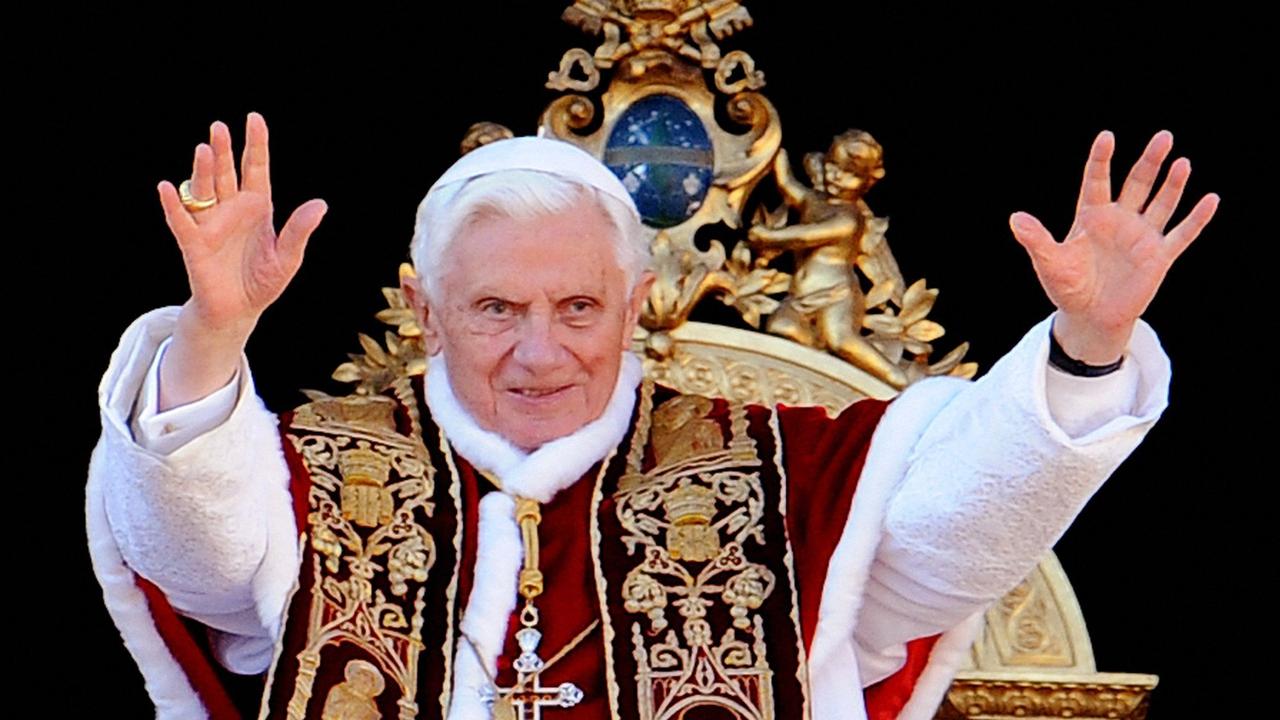
This appointment brought the young Joseph Ratzinger into contact with Cardinal Josef Frings from Cologne. Frings asked Ratzinger’s help with a talk he was to give about the forthcoming Vatican Council. Frings delivered the draft without any changes.
Pope John XXIII was delighted with what was said. Ratzinger was then appointed a theological adviser to the Vatican Council, from where he had a box seat on all the debates and developments within the church for the next half century.
In his departing address to the Roman clergy, Benedict was upfront about the background work done by the Rhine Alliance in preparation for the council. This alliance of French, German, Belgian and Dutch bishops was the “most prepared”, “with the clearest ideas”.
Once the Western European bishops gathered in Rome, they heard from other bishops. They learnt of a whole new development: “There appeared with great urgency the issue of today’s world, the modern age, and the church; and with it the issues of responsibility for the building up of this world, of society, responsibility for the future of this world and eschatological hope, the ethical responsibility of Christians and where we look for guidance; and then religious freedom, progress and relations with other religions.” It’s not as if the bishops from elsewhere had done no preparation. They had been reading the signs of the times.
Ratzinger dedicated his theological competence to wrestling with these novel issues while maintaining a strong commitment to the more traditional theological questions that the Rhine Alliance had brought to the council. He carried the tensions with hope and optimism.
He concluded his address to the Roman clergy speaking about what he regarded as an altogether negative development at the Second Vatican Council: “There was the council of the fathers – the real council – but there was also the council of the media.” According to Ratzinger, the journalists were not so much concerned with theology but “with a political struggle, a power struggle between different trends in the church”. Ratzinger was often at sea trying to bring the council of the media back to the council of the fathers, or trying to communicate the council of the fathers to the council of the media.
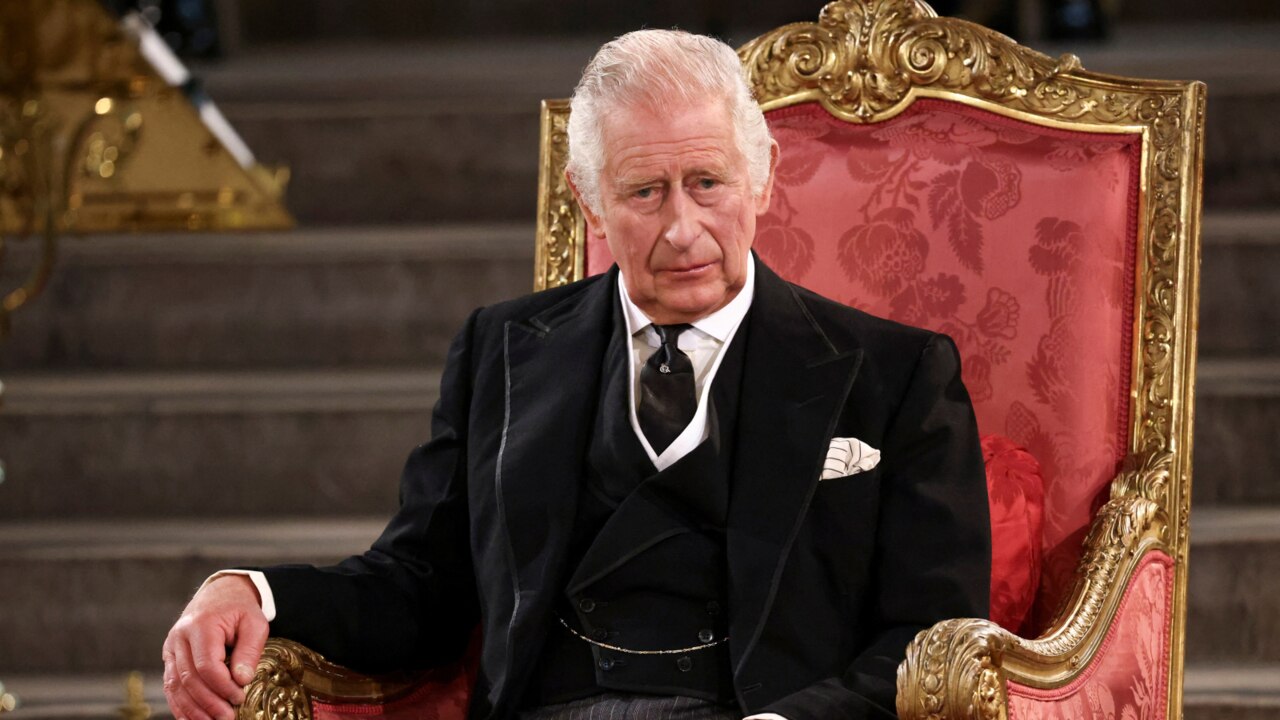
Paul VI appointed him as archbishop of Munich in 1977. He, like most bishops at that time, dealt poorly with complaints of child sexual abuse by clergy. John Paul II called him to Rome as head of the Congregation for the Doctrine of the Faith in 1981. Ratzinger was instrumental with the clampdown on liberation theologians in Latin America and with the withdrawal of a Catholic teaching licence to the leading US moral theologian, Charles Curran. The CDF during this time issued instructions against all manner of things including in-vitro fertilisation, same-sex marriage and homosexuality.
Meanwhile Ratzinger had the intellectual firepower to engage in a public debate with German philosopher Jurgen Habermas on pre-political moral foundations of the liberal state.
Before the 2005 conclave, Ratzinger gave a speech marked by doom and gloom. He told the assembled cardinals: “Today, having a clear faith based on the creed of the church is often labelled as fundamentalism. Whereas relativism, that is, letting oneself be ‘tossed here and there, carried about by every wind of doctrine’, seems the only attitude that can cope with modern times. We are building a dictatorship of relativism that does not recognise anything as definitive and whose ultimate goal consists solely of one’s own ego and desires.” He obviously hit the right note for his audience. At the fourth ballot he was elected pope, occupying the office for almost eight years.
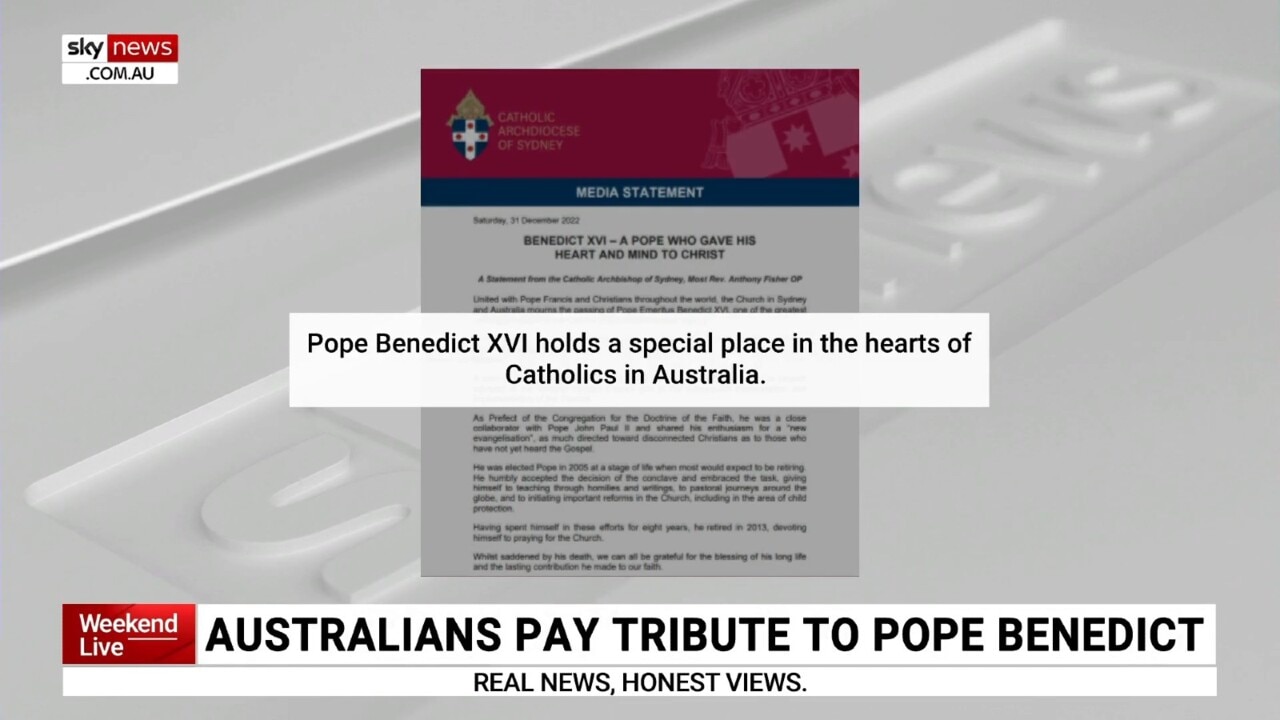
As the first German pope of the modern era, he visited Auschwitz, declaring: “I come here today as a son of the German people” – “a son of that people over which a ring of criminals rose to power by false promises of future greatness and the recovery of the nation’s honour, prominence and prosperity, but also through terror and intimidation, with the result that our people (were) used and abused as an instrument of their thirst for destruction and power”.
As pope, he had Australia on his radar a couple of times. The Vatican had badly mishandled complaints against the pastoral bishop William Morris from Toowoomba. Conservative US bishop Charles Chaput was commissioned to make a brief visitation. Chaput told the diocesan chancellor, “I would be astonished if you were to lose your bishop.” Benedict removed Morris from office with neither Morris nor his advisers being any the wiser about the cause for dismissal. It was a case of a small handful of disaffected conservative Catholics using Vatican backdoor methods to do in their bishop.
Benedict came to Sydney for World Youth Day in 2008. The Australian’s Paul Kelly asked about religious indifference in secular Australia.

Benedict was upbeat in response: “There will be in a certain sense in this ‘Western world’ a crisis of our faith, but we will always also have a revival of the faith because Christian faith is simply true, and the truth will always be present in the human world, and God will always be truth. In this sense, I am in the end optimistic.”
Being a cultivated, educated European, Benedict was at his best addressing intellectual elites about the challenges of faith in modern society. He returned to Germany to address the Reichstag on the topic The Listening Heart: Reflections on the Foundations of Law. He told the German legislators: “The conviction that there is a Creator God is what gave rise to the idea of human rights, the idea of the equality of all people before the law, the recognition of the inviolability of human dignity in every single person and the awareness of people’s responsibility for their actions. Our cultural memory is shaped by these rational insights. To ignore it or dismiss it as a thing of the past would be to dismember our culture totally and to rob it of its completeness.”
At Westminster he told the British members of parliament: “Without the corrective supplied by religion … reason too can fall prey to distortions, as when it is manipulated by ideology, or applied in a partial way that fails to take full account of the dignity of the human person.” Religion “is not a problem for legislators to solve, but a vital contributor to the national conversation”.
Announcing his resignation, he said: “In today’s world, subject to so many rapid changes and shaken by questions of deep relevance for the life of faith, in order to govern the barque of St Peter and proclaim the gospel, both strength of mind and body are necessary.” Any lesser theologian would have been roundly condemned for such a resignation. Benedict forged a new path for the papacy in a globalised age of heightened media scrutiny when life expectancy is so much greater. Unfortunately, he maintained various trappings of office, including title and all white dress. In his retirement, he enjoyed his Mozart, fine liturgy and profound theological reflection on the human condition.
Frank Brennan SJ is rector of Newman College at the University of Melbourne.

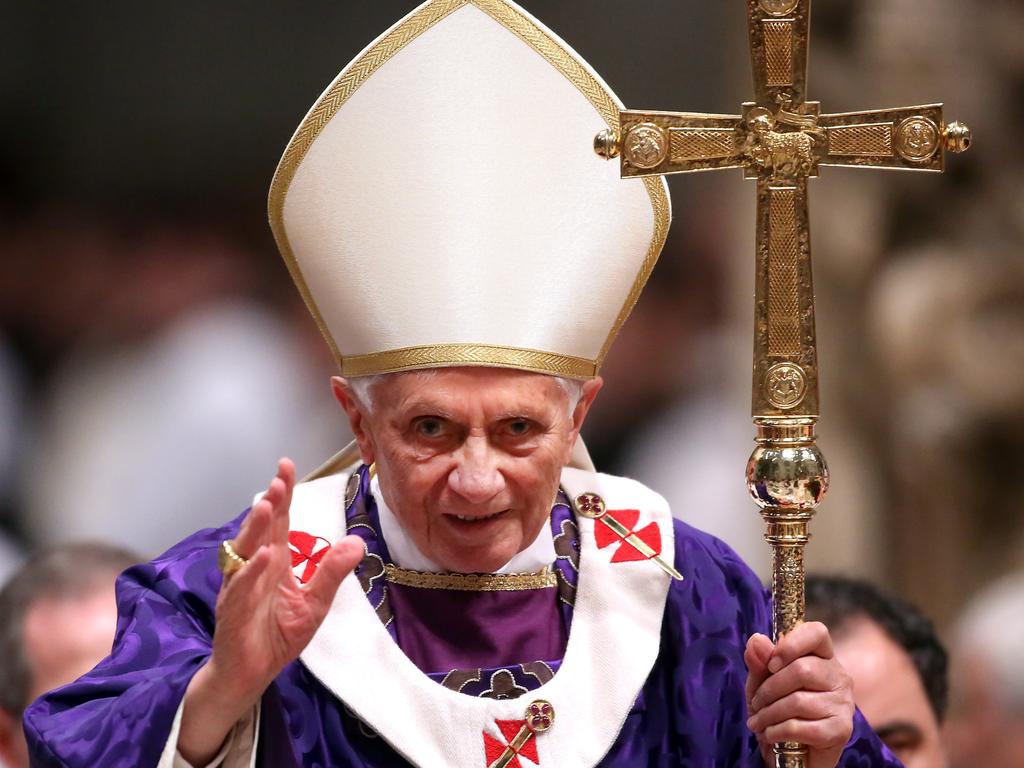
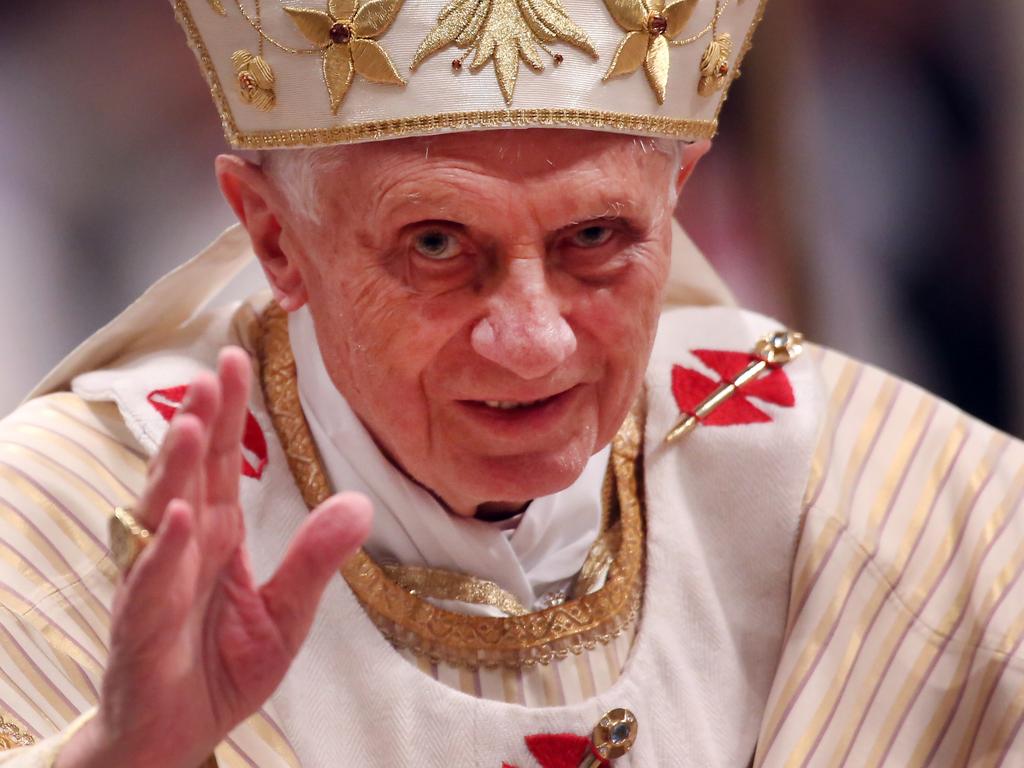
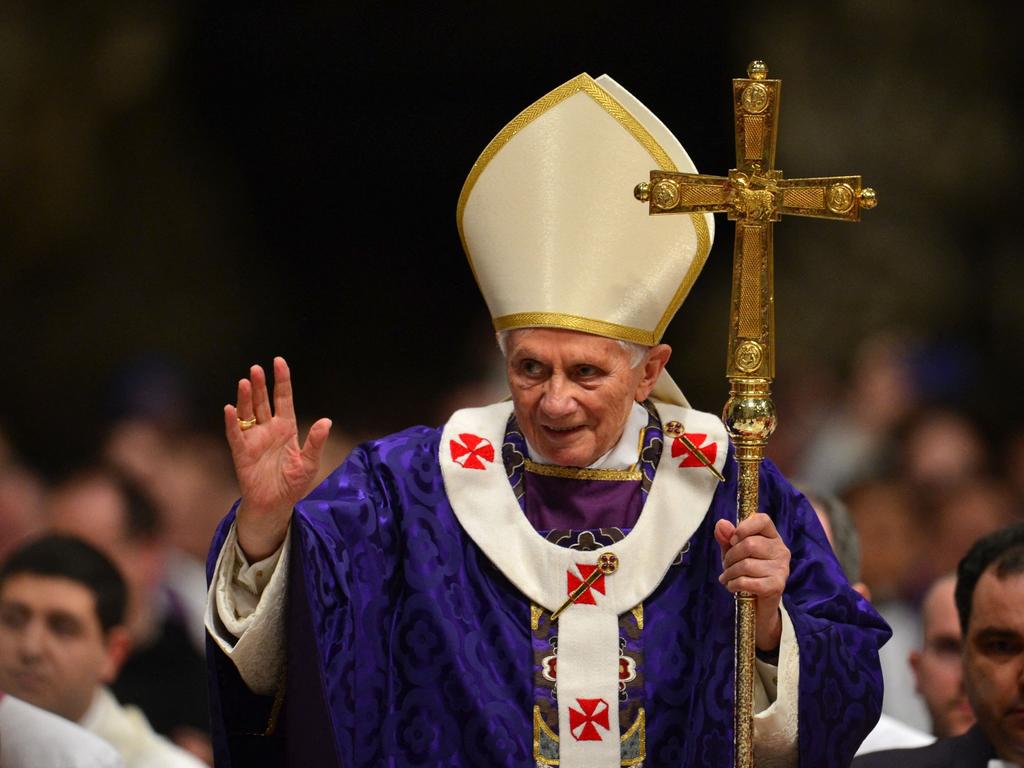
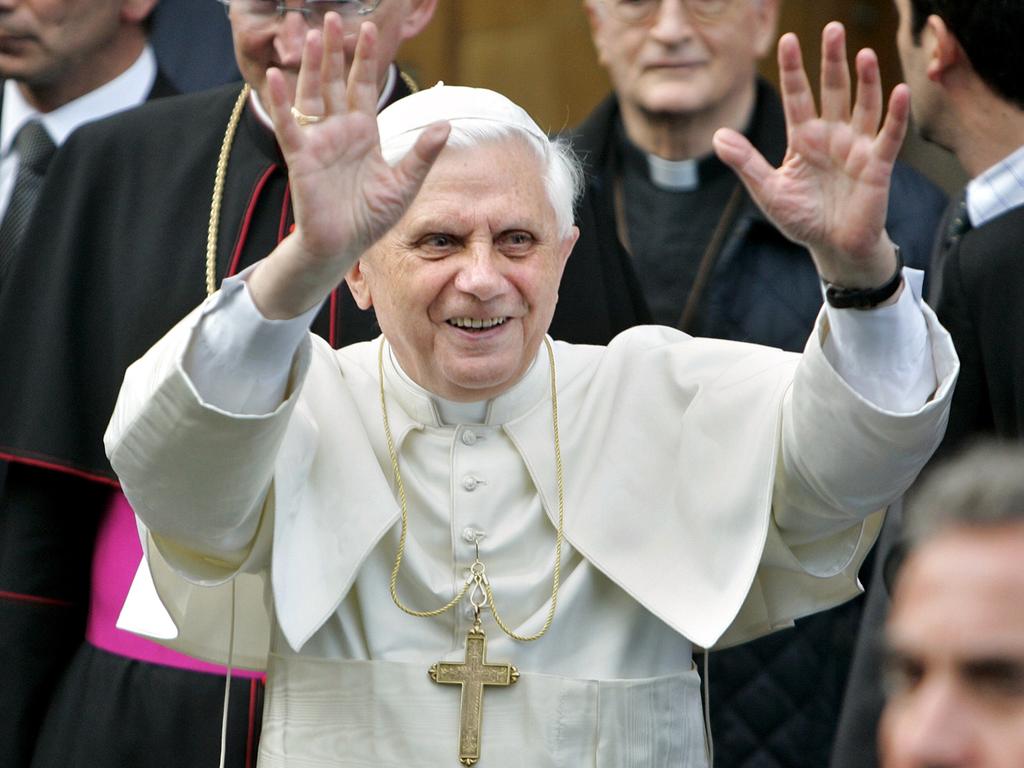


Benedict XVI will be best remembered as the pope who resigned office in February 2013, and for the best of reasons. Four days after announcing his resignation, he addressed the clergy of Rome. He spoke about his appointment as a professor of theology at the University of Bonn in 1959 at the tender age of 32.